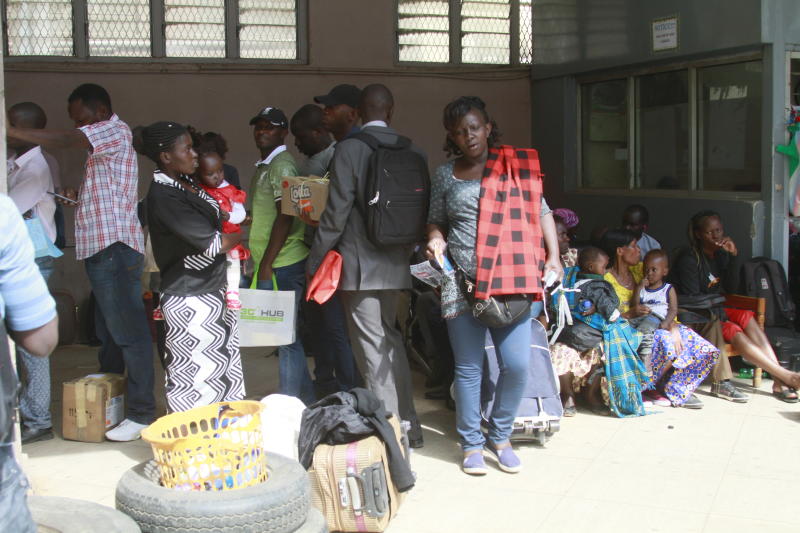×
The Standard e-Paper
Join Thousands Daily

The season of merry making has started, but while some Kenyans are on a spending spree to treat families, others have held back, citing hard times.
In some towns, commuters scrambled for vehicles with matatu operators hiking fares. Long queues were evident in various retail stores as shoppers did last minute shopping and luxury spots did booming business.